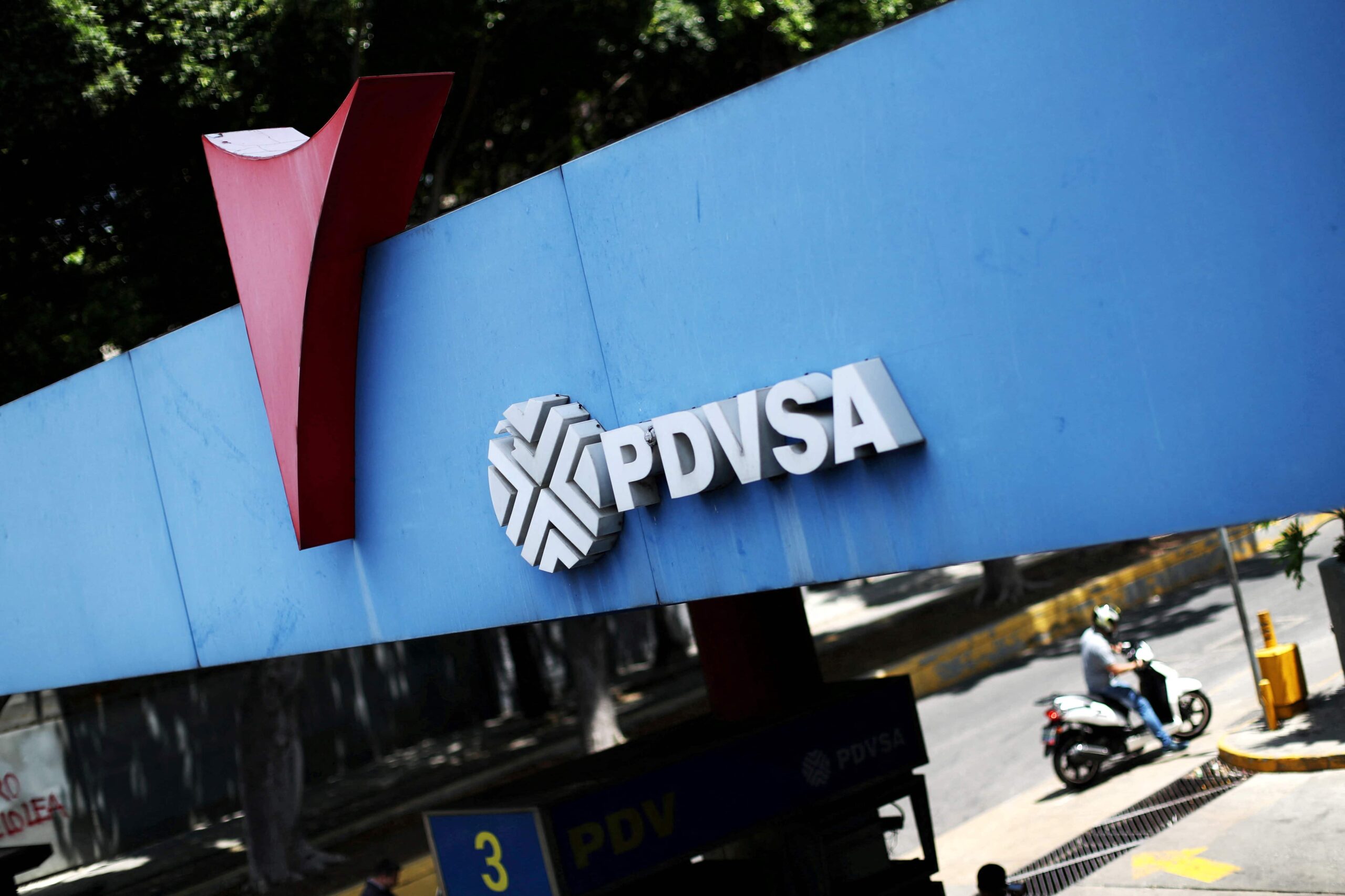Venezuela’s state-owned oil company, PDVSA, plans to expand the utilization of digital currencies in its crude and fuel exports amidst the reinstatement of oil sanctions on the country by the United States, as reported by Reuters based on insider sources.
As a result of the US Treasury Department’s choice not to extend a general license due to the absence of electoral reforms, PDVSA’s clients and suppliers must finalize transactions by May 31, paving the way for a significant shift in payment mechanisms.
The reintroduction of oil sanctions complicates Venezuela’s endeavors to enhance oil production and exports, prompting PDVSA to hasten its adoption of digital currencies, notably USDT, to mitigate the risk of funds being frozen in overseas bank accounts.
Venezuelan Oil Minister Pedro Tellechea has verified the incorporation of various currencies, including digital ones, in compliance with contractual obligations.
The gradual shift of PDVSA towards digital currencies gained traction last year, with a specific emphasis on USDT, a stablecoin pegged to the US dollar’s value.
The recent escalation of sanctions accelerates this transition as PDVSA aims to protect its revenue streams from potential disruptions caused by US-imposed restrictive measures.
Significantly, the move towards digital currencies seeks to tackle concerns arising from a corruption scandal that shook PDVSA last year, involving untracked receivables totaling $21 billion, partly linked to transactions involving alternative cryptocurrencies.
Under Minister Tellechea’s stewardship, Venezuela’s oil exports have rebounded, reaching approximately 900,000 barrels per day in March, marking the highest level in four years.
To align with market dynamics and regulatory standards, PDVSA introduced a contractual framework requiring prepayment in USDT for half of the value of each shipment, moving away from conventional spot oil transactions.
Furthermore, prospective customers looking to partake in oil dealings with PDVSA must possess cryptocurrency in a digital wallet, a prerequisite enforced even in current contracts that do not explicitly mention the use of USDT.
While these measures aim to conform to evolving payment preferences, traders have expressed difficulties in meeting PDVSA’s USDT transaction requirements, often necessitating intermediaries’ involvement to facilitate transactions.
Relying on intermediaries for oil transactions, especially in the context of US sanctions, provides PDVSA with a means to circumvent restrictive measures, albeit at the expense of reduced proceeds from oil sales.
Minister Tellechea maintains a positive outlook on Venezuela’s resilience in the face of renewed sanctions, expressing confidence in PDVSA’s trading capabilities and its readiness to navigate challenging market conditions.
Nevertheless, oil experts anticipate that Venezuela’s oil production, exports, and revenue could face constraints, despite potential individual authorizations granted by the US.
(Source: Reuters)

Shashwat Sankranti
A journalist on WION’s business desk, Shashwat Sankranti is passionate about breaking and crafting stories. Apart from his journalistic pursuits, he is a literature enthusiast, a clandestine poet, and an aspiring novelist.

